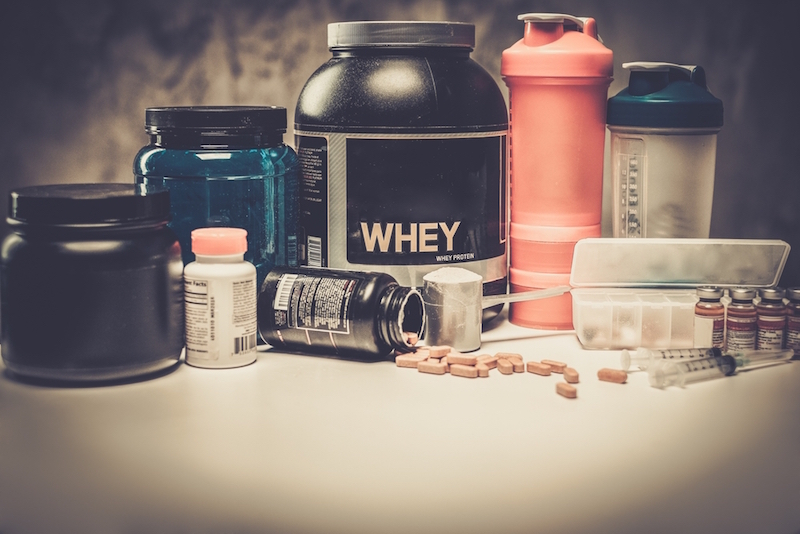Do Supplements Really Work? Check Out These Fact Sheets for Answers


Plenty of dietary supplements claim to help you get in shape or lose weight, but do they really work?
Several new resources from the National Institutes of Health aim to help people cut through the confusion over supplements by summarizing what is known about the safety and effectiveness of popular supplement ingredients, the agency announced Jan. 24.
For example, the NIH has put together a fact sheet on ingredients in exercise supplements, which manufacturers often claim can improve users' strength or endurance, or help them achieve their performance goals faster.
"Dietary supplements marketed for exercise and athletic performance can't take the place of a healthy diet, but some might have value for certain types of activity," Paul Coates, director of the Office of Dietary Supplements (ODS) at the NIH, said in a statement. "Others don't seem to work, and some might even be harmful."
The fact sheet covers more than two dozen ingredients in exercise supplements. Thinking of trying creatine? The fact sheet says that this supplement might help with short bursts of high-intensity activity like sprinting or weight lifting, but not with endurance exercises like distance running or swimming. On the other hand, antioxidants such as vitamins C and E don't seem to help improve performance, although they are needed in small amounts for overall health, the NIH said.
A second fact sheet covers weight-loss supplements. Despite the popularity of these supplements, there's little evidence that they actually work, and some can even be harmful, the agency said. "People may not know that many manufacturers of weight-loss supplements don't conduct studies in humans to find out whether their product works and is safe," said Anne Thurn, director of the ODS' communications program.
The ingredient chromium, for example, may help people lose a very small amount of weight and body fat, and is safe; but another ingredient, raspberry ketones, haven't been studied enough to know whether they're safe or effective, the fact sheet says.
Get the world’s most fascinating discoveries delivered straight to your inbox.
Consumers should keep in mind that many supplements contain more than one ingredient, and these combinations often have not been studied for their safety or effectiveness, the agency said.
"We encourage people to talk with their health care providers to get advice about dietary supplements and to visit the ODS website to learn valuable information about these products," Coates said.
Originally published on Live Science.

Rachael is a Live Science contributor, and was a former channel editor and senior writer for Live Science between 2010 and 2022. She has a master's degree in journalism from New York University's Science, Health and Environmental Reporting Program. She also holds a B.S. in molecular biology and an M.S. in biology from the University of California, San Diego. Her work has appeared in Scienceline, The Washington Post and Scientific American.


